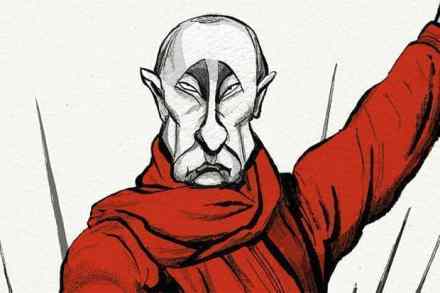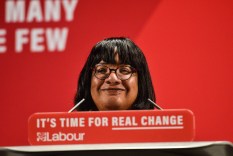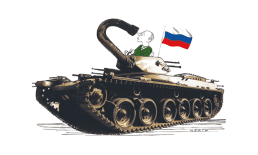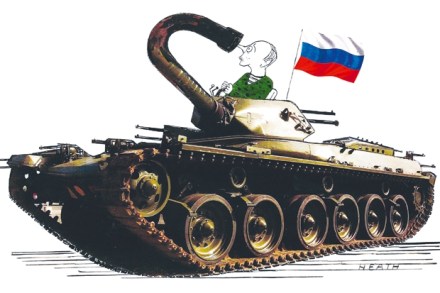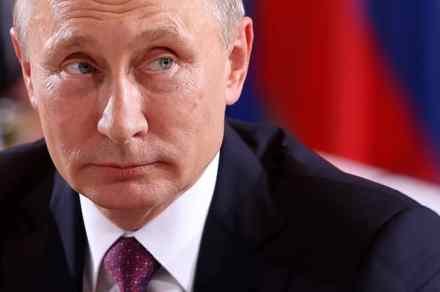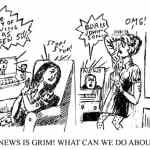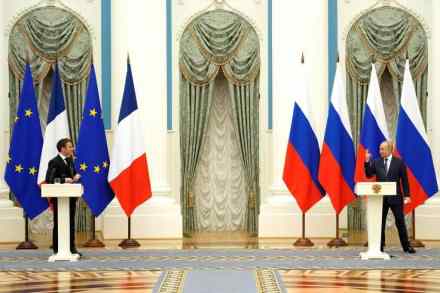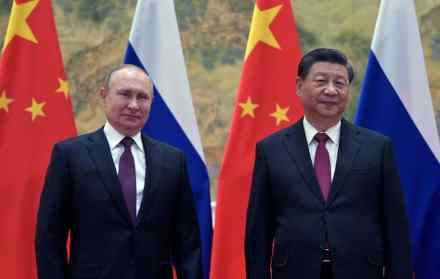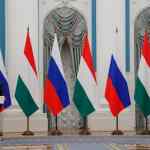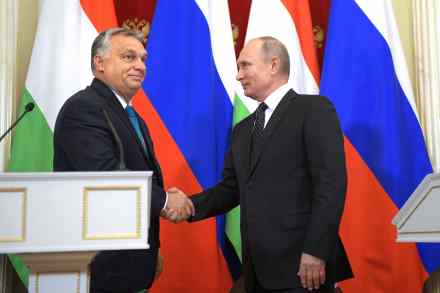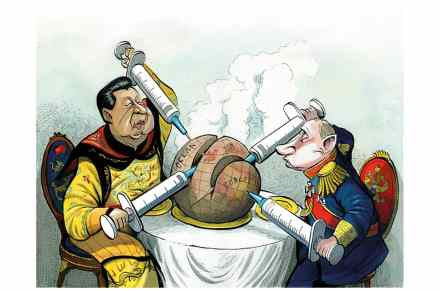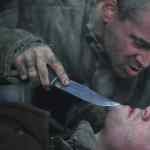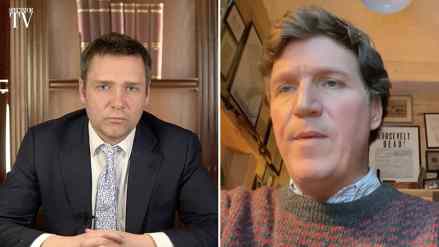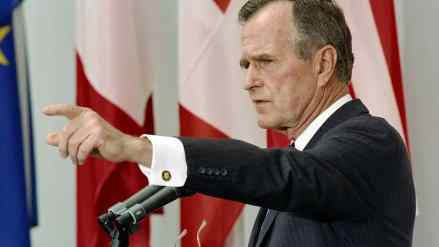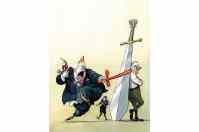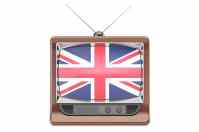Putin may yet resist a full-on invasion
The west is still in the dark on what Vladimir Putin will do next. The Russian military build-up on the Ukrainian border continues but in televised meetings with Sergey Lavrov, his foreign minister, Putin was told that there is a case for ‘continuing and intensifying’ diplomatic discussions with the West. For Putin — who smarts at what he sees as the humiliation of the end of the Cold War and the decline of Soviet power — there is a satisfaction in watching the West scramble to respond to his actions. The Biden administration wanted to prioritise competition with China, but Putin is succeeding in forcing him to concentrate on European diplomacy
